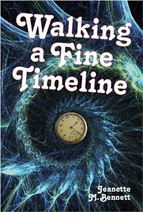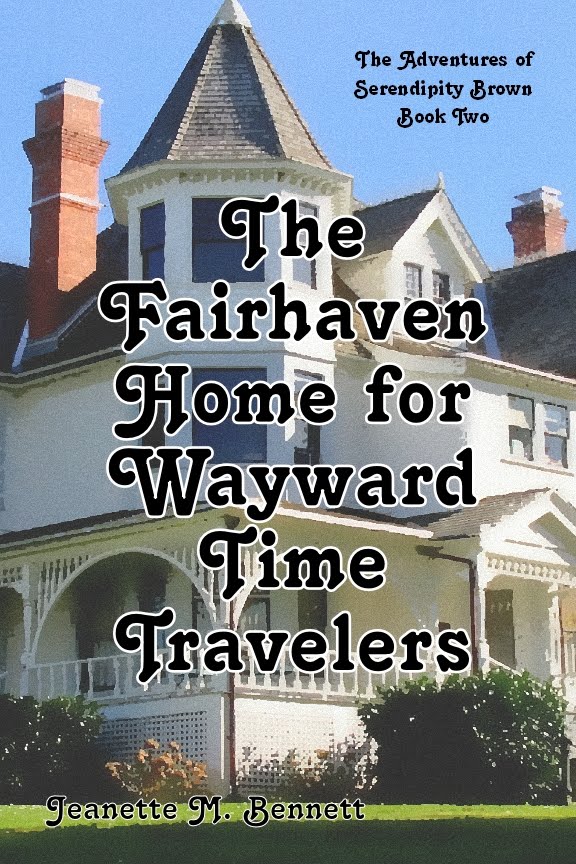Wellington, New Zealand
Today I visited the historic Basin Reserve Cricket Grounds dating back to 1866. Imagine my luck when I found a game starting. By the small size of the crowd of spectators this was obviously not an important match, but cricket is cricket.
 |
| Basin Reserve Cricket Grounds as it appears in 1893 |
He introduced himself as Charlie Crawford. Said he had come here back in 1850 from Liverpool with his wife, Abigail.
“My word! You must have seen a lot in the building of Wellington.”
“Sure have. Why I remember when this cricket grounds was a lake.”
“A lake? Why did they fill it in? They could have lake a lovely park around it and let people row in it.”
“City didn’t fill it in. Mother Nature did.”
I looked up at Mount Victoria next to the grounds. “A landslide?”
“No, it was the Big One back in 1855. The Wairarapa Earthquake. The biggest ruddy quake to ever hit. Raised the earth up and the lake became a swamp. Before that the city was planning to connect the lake to the harbor with a canal so ships could come in for shipping. Everyone nipped that idea after the quake. Decided to make a cricket grounds instead. They had the inmates over in the jail come and drain it.”
“Land must have raised quite a bit.”
“And how! If you go down to the harbor you’ll see docks that don’t reach the water. The shoreline was raised. The city did get a bonus when the quake drained the nearby swamps and gave us more land.”
“You were in Wellington during the quake?”
“I’ll say. Scariest night of my life. It was the middle of summer, 23 January, a little after nine in the evening. The city had just spent two days celebrating the founding of the town. We were all dead tired. Abigail and I put the children to bed and I was reading to her Dickens while she knitted.
“All of a sudden the house began to move like waves on the sea. Pictures came hopping off the walls. Our chairs overturned and the chimney came through the roof! Abigail screamed, poor dear. They say it only lasted fifty seconds, but it seemed like hours. I crawled over to the missus. She was all right, just terrified. Then we heard the kids crying. Abigail forgot her fear and we both ran for their rooms. Thank the All-Mighty Lord, children were fine. Then the house shook again.”
“I yelled at Abigail to get her and the children out of the house. We didn’t need it crashing down on us. We grabbed blankets and tots, and ran outside into the street. We weren’t the only ones there. All our neighbors looked liked the devil himself was chasing them. All the chimneys I could see had come down. One neighbors house had come right off the foundation.
 |
| Wellington's shoreline about 1860 that beach was not there before the 1855 earthquake |
 |
| Watercolour by Charles Emilius Gold, shows a landslide left by the 1855 quake at the Hutt Valley. |
“One.”
“One?”
“In Wellington anyway. Took Baron Alzdorf, one of our pioneers. Had one of the few brick buildings at the time. Collapsed on the poor fellow. Now I heard a house in the nearby village of Wairarapa fell in and killed some poor Maori family, so the total really might be five, maybe eight.”
“Was Wellington that small?”
“There were 6,000 people here at the time.”
“And only a handful of casualties? My word! You were lucky.”
“Don’t think I don’t know that.”
“What of the aftermath? With all the homeless desperate people, you must have had a lot of looting.”
“None of that, sir. We all took care of each other. Even the ships at anchor were offering shelter to the homeless or those to nervous to go back into their houses. Made me proud of this town, let me tell you.”
“I guess that explains why there are so few brick buildings in Wellington.” In the Victorian Age, it seems every town I visit had a horrible fire and rebuilt in brick or stone.
“Yes, sir. Wellington might be afraid of fire, but we’re more afraid of earthquakes.”
I looked out over the peaceful scene of lads playing cricket, with the city in the background, trying to imagine that horrific night. I’m still amazed that much devastation took so few lives.




No comments:
Post a Comment
Due to bots sticking ads into the comments I am now forced to moderate. Differing opinions are welcomed. This is history, which is the surviving written record, which may or may not be accurate. I will even allow comments pushing other books or websites as long as they are relevant.